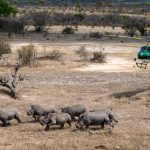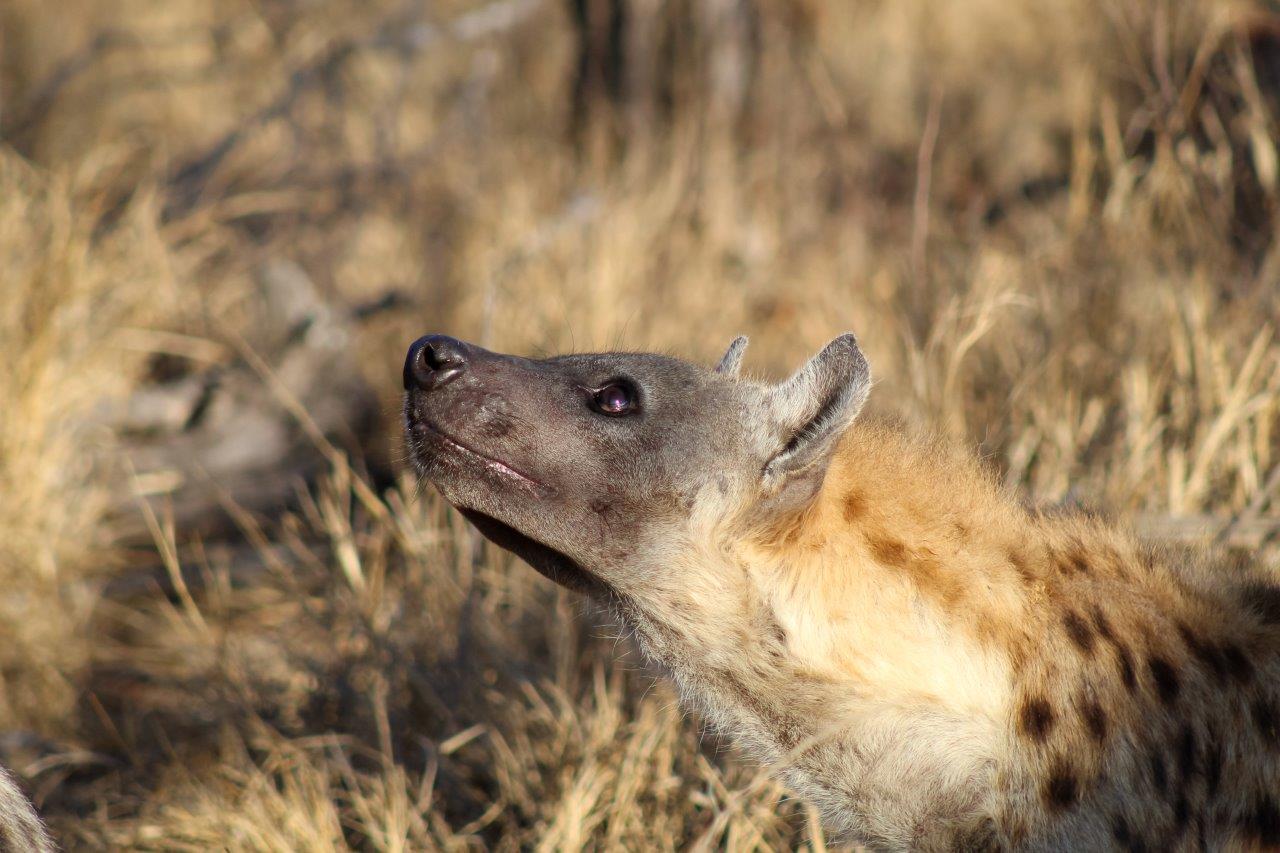The world is paying a heavy price for the exploitation of wild species and wild places, deforestation, uncontrolled expansion of agriculture, intensification of farming, and infrastructure development, says Chris Galliers, President of the International Ranger Federation. Fred Kockott reports
Galliers said unbridled exploitation of natural resources modified the interface between people and wildlife, creating a ‘perfect storm’ for spill over of diseases.
“We hope that the world takes a greater appreciation of the value of conserved areas and realise having a minimum of 30% of the Earth protected by 2030 is a real necessity,” said Galliers.
“To achieve this, COVID-19 or no COVID-19, we need empowered and well supported rangers, operating in a more secure workplace that are more effective and are ambassadors for the profession to inspire the next generation,” he added.
Galliers comments coincided with the recent presentation of Africa’s 2020 Rhino Conservation Awards.
Organised by the Game Rangers Association of Africa (GRAA), the annual awards pay tribute to leading players in endangered species conservation and bring their crucial work to the world’s attention, said GRAA CEO, Andrew Campbell.Among those honoured was the South African National Parks (SANParks) Airwing which has significantly reduced wildlife crime Kruger National Park.
Celebration
As Covid-19 lockdown cripple game reserves, the work of those fighting tirelessly on the frontline of conservation were cause for celebration, said Campbell.
Among the winners was SanParks Airwing. The unit – a dedicated team of pilots and support staff that provide dedicated support to rangers, veterinarians, and researchers in protecting, saving, preserving and monitoring wildlife within the National Parks and neighbouring protected areas – won the Best Conservation Practitioners Award., .,
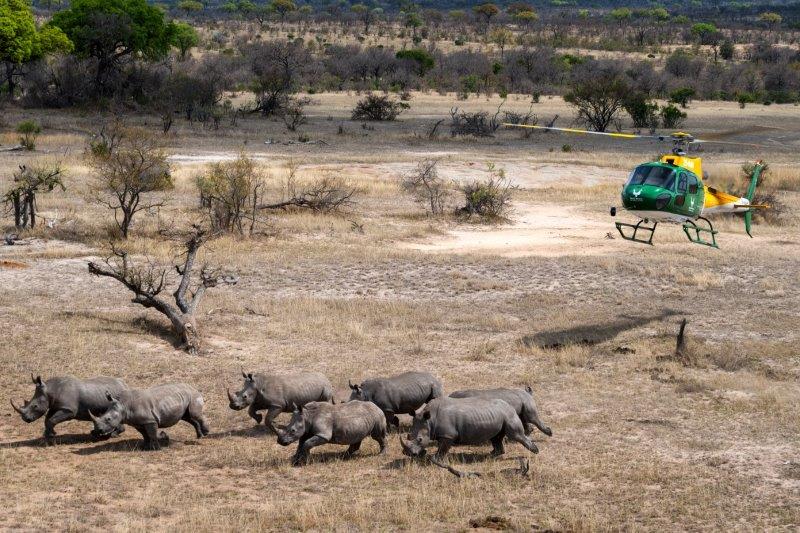
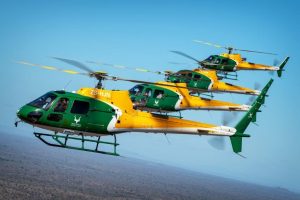
Legendary ranger
The life Samuel Loware, who has become something of a legend amid encounters with heavily armed guerrillas in the Uganda’s Kidepo Valley National Park.
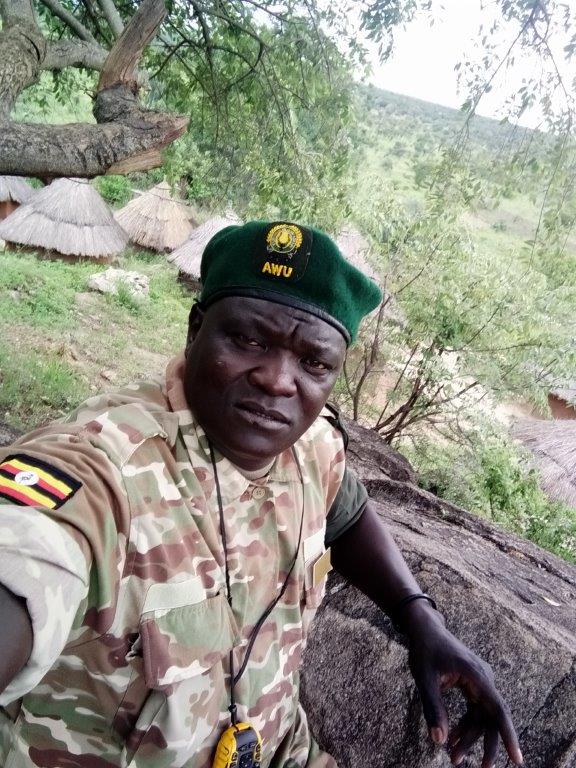
This year’s winner of the Best Field Ranger award featured in an indepth article in The Guardian in 2018. The article provides insight into how countless desperate people in neighbouring Sudan take their AK47s on raids across the border, where they terrorise villagers, hunt antelopes, zebra, buffaloes and other animals for meat, or kill elephants and ostriches for Chinese ivory and bone-marrow smugglers.
It recounts how Loware was once shot alongside a local villager while tracking a poacher trying to flee back over the border with contraband meat.
As the two pursuers approached a gully, the poacher opened fire from behind a tree. A shot passed through the chest of the villager, killing him instantly, and into the body of Loware. He had to be driven several hours to a hospital where a surgeon cut out the bullet, lodged four inches down his back.
On another mission, Loware saw his commander killed in a gun battle with Sudanese poachers.
Steadfast
While his family have begged him to quit his job, Loware reckons that this is not an option, that he was raised to believe in wildlife protection as a necessity and an opportunity.
He continues to play a key role in human-wildlife conflict resolution, showing “even the most hostile communities the value of parks and the wildlife in them”, said Campbell.
“And because of his effective monitoring and data collection skills, Samuel has made a significant impact on the increase of both giraffe and lion populations in the Kidepo Valley,” added Campbell. “He is now conducting habitat assessments for the reintroduction of rhino into Kidepo, and other translocations of wildlife to ensure the conservation of these key species,” added Campbell.
Intensive protection
The 2020 Best Game Ranger was scooped by Kruger National Park regional manager, Don English.
English manages Marula South, otherwise known as the Intensive Protection Zone (IPZ) of the Kruger National Park.
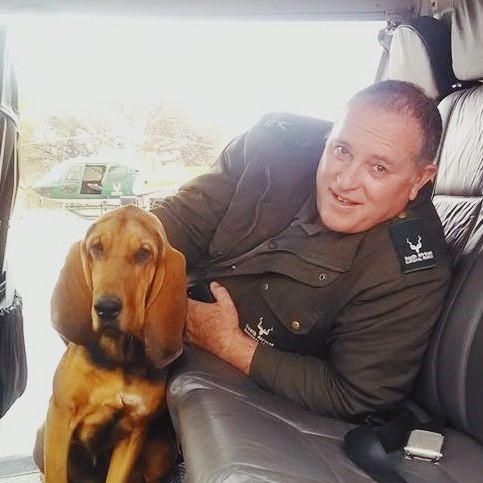
“Against all odds, through sheer tenacity and persistence, and with the support of his ranger teams, Don has managed to lower rhino poaching activities year on year in the Intensive Protection Zone (IPZ) – an area covering more 426,000 hectares,” said Campbell. “Don plans, co-ordinates, executes and participates in counter poaching operations to stem the rhino poaching crisis, always leading from the front,”
Best conservation supporter
This year saw the introduction of the Best Conservation Support Award, which was won by Lynne Taylor, director of Tashinga Initiative Trust in Zimbabwe.
Working in the vast Zambezi Valley, Taylor’s provides essential support to rangers, often at great risk. This has included boosting the supplies of anti-poaching equipment, installing solar powered water pumps, and radio and satellite links so rangers can respond quickly.
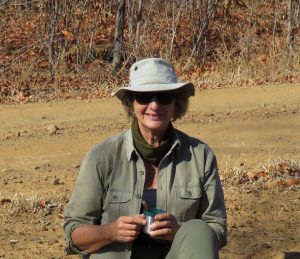
Lynne’s winning formula is simple: a physically and mentally healthy ranger team that is motivated, well-equipped and adequately trained is vital to conservation.
Taylor has also introduced vegetable gardens and supported the education of ranger’s children, “instilling a sense of pride and common purpose among the ranger community”, reads her citation.
Honouring this year’s winners, patron of the Rhino Conservation Awards, Prince Albert II of Monaco, said: “I’d like to say how deeply grateful I am . . . You are defending the rights of nature faced with humanities destructive and irresponsible greed.”
- Fred Kockott is the director of Roving Reporters. The annual Rhino Conservation Awards are sponsored by ZEISS and Chinese New Enterprise Investment (CNEI) and are endorsed by South Africa’s Department of Environmental Affairs (DEA). Roving Reporters coverage of the 2020 Rhino Conservation Awards was supported by Love Africa Marketing.
Ranger Protect insurance cover
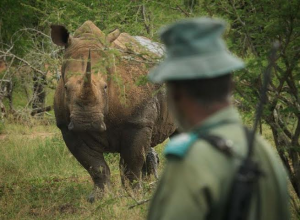
Operating in extreme environments, rangers across the world are subject to an increasing risk of life-threatening encounters.
In recognition of this, the Game Rangers Association of Africa (GRAA) has sponsored over 250 rangers with Ranger Protect insurance cover.
According to the Ranger Protect, with the increasing threat of armed poachers and militia groups, over 1000 rangers have lost their lives in the line of duty in the past 10 years.
“In Africa, 40% of those surveyed by WWF were not covered by health insurance, 50% had no life insurance and 60% had no long term disability insurance,” reads its website.
“So this vital policy provides rangers with the necessary protection they need to comfortably and confidently perform their duties in the field and ensures the well-being of Africa’s rangers and their families is improved through the provision of adequate insurance cover in the event of injury or death,” said GRAA CEO Andrew Campbell.
Visit the Ranger Protect website to find out how you can help.
>> Click here to read how the Sunday Tribune covered the story, also published by The Witness.
BANNER IMAGE

